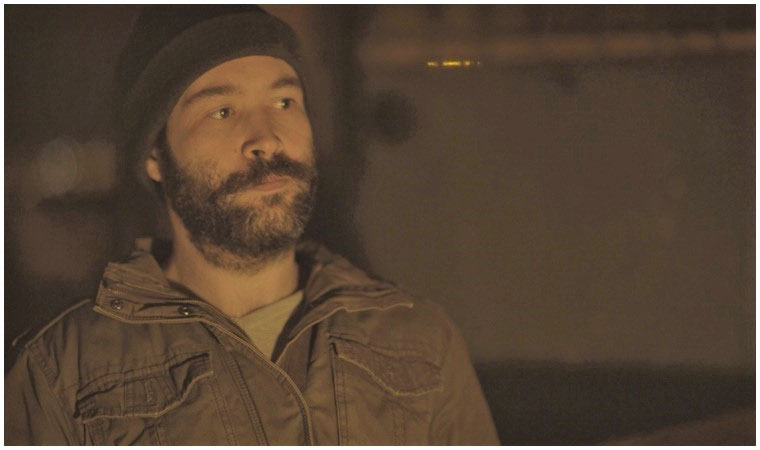It all came down to a regular citizen, Ata Egemen Çakıl, when he mockingly questioned how a government could collect money from the people for the disease when the extravagant luxurious expenses of the administration went through the roof. He tweeted jokingly, with reference to the government warnings on cyber scamming, “Do not believe those who pretend to be the president on live TV and try to collect money from you.”

A firestorm of criticism is spreading across Turkey as fast as the coronavirus disease about why the Turkish government is unable to help its people when the worst health crisis is devastating the country.
With the long-time coming economic collapse of Turkey in full swing, the additional coronavirus disease has provided the much-needed cover up of the devastation for the corrupt AKP government.
The indication of the collapse was evident when few months back on January 24th an earthquake hit the province of Elazığ. Only few minutes later, the Red Crescent, equivalent of the Red Cross services in the West, started asking for donations because they had no funds to help the folks stuck under the debris.
Questions started to mount. People had been taxed for over 20 years for an “earthquake fund” so where was the money? Turkish authorities or the government never gave a satisfactory answer. But what came out of these questions was that the Red Crescent was accepting tax deductible contributions from corporations close to the government and was, literally, laundering the money on investments in the US or other parts of the world. Government was begging for contributions to help the earthquake victims while the tax dollars were being transferred overseas.
Before the inquiries or the suspicions subsided on the earthquake scandal, Turkish government found itself in hot water again, this time about the response to the coronavirus pandemic.
Overwhelmed by a disease Turkish officials refused to acknowledge or prepare when the world knew and was fighting already, health officials are now trying to grapple with a problem out of control.
With no masks, gowns, slippers, ventilators, ICU or other hospital beds or the health care workers sufficient enough to rise to the challenges the disease posed the government is left with nothing to do but to stop any questions or the criticisms of its inaptitude.
First, the municipalities, large local governments held by the opposition parties started a community drive to pay for the necessary equipment and services. Having never forgiven those leading cities that voted for the opposition, the central government of AKP banned all collection of money by the local governments. The bank accounts of the municipalities that collected to help their people were frozen and blocked by the Turkish government. The Interior Minister even went as far as to claim, “Those who collect money for fighting the virus are the enemies of the republic who want to destroy this country and build another country.” He was actually accusing the local governments of terrorism for trying to help the public health that the central government had failed.
Then something that shocked the people happened, similar to the recent earthquake response, the government opened its own bank accounts and the President Erdoğan appeared on live TV and asked the people to help out with the expenses to cover the disease.
However, the people started sharing questions on social media showing extravagant expenditures of the palace Erdoğan lives in. His pictures of gold covered ceilings, golden thrones, and more than 125,000 mostly luxurious official cars started appearing alongside the people wondering where their next meal was going to come from.
This discussion of the wealth of Erdoğan, his family, or his business partners is not a matter the Turkish government of AKP will take lightly. Especially when people start to reveal that 3 billion TL was being spent yearly on the expenses of Erdoğan’s palace with 1,100 rooms while the government was asking for help from the people.
When other news started to appear that the very much and immediately needed supplies to fight the disease were being shipped overseas with the presidential seal, as opposed to the Turkish government, the disgust took over the internet.
It all came down to a regular citizen, Ata Egemen Çakıl, when he mockingly questioned how a government could collect money from the people. He tweeted jokingly, with reference to the government warnings on cyber scamming, “Do not believe those who pretend to be the president on live TV and try to collect money from you.”
The college student Ata Egemen Çakıl was immediately investigated, found and detained by the Turkish police for his tweet. After his initial questioning and being transferred to the court he was released with his case pending trial.
Sendika.org news (M.B.)